U.S. President Joe Biden and Russian President Vladimir Putin held a short summit yesterday in Switzerland that both sides described as substantive, efficient, and without rancor. Did the meeting advance Biden’s objective of building a stable and predictable U.S.-Russia relationship? The short answer: too early to tell.
The meeting took place at a time when U.S.-Russia relations are at their lowest point in 30 years. Unlike his four predecessors, Biden did not enter office with the goal of building a positive relationship with Russia. Stable and predictable are his administration’s watchwords. The White House accordingly sought to keep summit expectations modest.
In the event, the atmospherics at the Geneva lakeside villa appeared encouraging. When meeting with foreign leaders, Putin has a bad habit of arriving late — sometimes hours late — but he showed up on time for this U.S. president. That provided a good start. In his post-summit press conference, the Russian president seemed to go out of his way to express respect for Biden.
That said, whether the meeting qualifies as a success will depend on what happens in the coming months. Biden administration officials have since January talked about their readiness to push back and hold Russia to account for unacceptable actions in tandem with their readiness to cooperate where U.S. and Russian interests converge. In his separate post-meeting press conference, Biden said he had made no threats but did tell Putin that interference in American politics and certain cyber actions were out of bounds and would provoke an American response. With regard to the latter, he alluded to significant U.S. government cyber capabilities.
In his press conference, President Putin took no responsibility for interference in U.S. politics or cyberattacks, but no one expected he would. The big question now: Does the Kremlin continue those activities? That will offer one metric by which to judge the success of yesterday’s summit.
President Biden said the United States would continue to speak out on democracy and human rights, calling that part of America’s DNA. He specifically raised the case of regime opponent Alexei Navalny, whose name Putin avoids, referring instead to “the gentleman in question.” We will see what happens, but the Kremlin takes the view that what happens inside Russia is Russia’s business alone. Putin deflected questions about domestic repression, resorting to his trademark “whataboutisms.” (Biden rejected the Russian leader’s attempt to equate demonstrations for democratic rights in Russia with the January 6 assault on the Capitol.)
The two presidents issued a single joint statement, worked out in advance, in which they reiterated Ronald Reagan and Mikhail Gorbachev’s formula that “a nuclear war cannot be won and must never be fought.” The statement noted their agreement to launch an “integrated bilateral Strategic Stability Dialogue… to lay the groundwork for future arms control and risk reduction measures.” Biden told the press that he and Putin had discussed next steps in arms control.
Washington and Moscow should get the Strategic Stability Dialogue underway soon. These are discussions that can cover a broad range of questions, including those on which one side or the other may not be prepared to negotiate. The bigger issue will be how long it will take U.S. and Russian officials to work out the mandate (or mandates) for specific negotiations. Secretary of State Antony Blinken has talked about the U.S. interest in a negotiation that would cover and limit all U.S. and Russian nuclear weapons, strategic and non-strategic — a logical follow-on to the New Strategic Arms Reduction Treaty (New START). While not necessarily rejecting that, Russian officials focus on other issues, including missile defense and long-range, precision-guided conventional strike weapons. Reconciling the different priorities may not prove simple.
The presidents discussed cyber activities, on which the sides agreed to conduct bilateral consultations. However, Washington and Moscow may come to that dialogue with different perspectives as to what constitutes a cyber “problem” and on how to fix it. Adding a layer of complexity is that fact that both sides use, and presumably intend to continue using, cyber means for intelligence-gathering purposes.
Biden and Putin identified other questions — including Afghanistan, keeping Iran from acquiring nuclear weapons, the Arctic, and climate change — where the two countries arguably share interests. How discussions on those questions develop remain to be seen.
The two presidents touched on tough issues, foremost Russia’s conflict against Ukraine. Biden said he communicated U.S. support for Ukraine’s sovereignty and territorial integrity. They agreed that the Minsk process offers the way forward for settling the simmering conflict in Donbas, though they clearly differ as to how the Minsk agreements should be implemented.
The presidents decided that their ambassadors should return to their respective embassies, a sensible step since following up on Geneva will require a fair amount of bilateral diplomacy.
All in all, White House officials and the president should be pleased with the mini-summit in Switzerland and Biden’s press conference. The meeting accomplished what they said they wanted to do: lay out what egregious Russian behavior would cross red lines, triggering a punitive response, and identify areas, particularly related to strategic stability, on which the United States and Russia might cooperate. The hard work of building on the presidents’ discussions will shortly begin. That will determine, likely months down the road, whether Geneva qualifies as a success for U.S. interests.
The Brookings Institution is committed to quality, independence, and impact.
We are supported by a diverse array of funders. In line with our values and policies, each Brookings publication represents the sole views of its author(s).

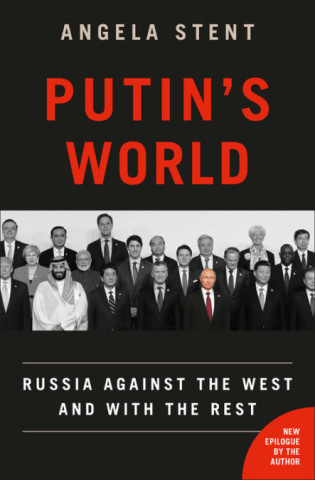
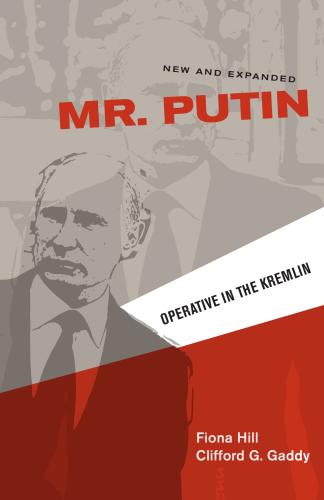
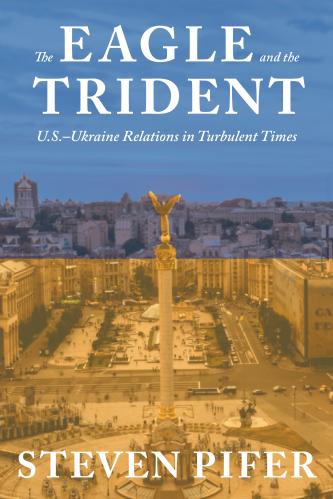
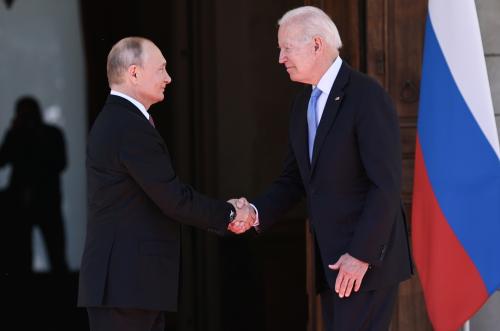
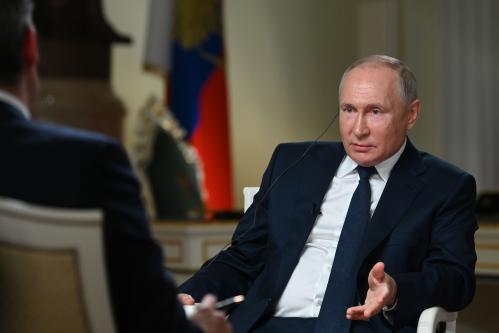
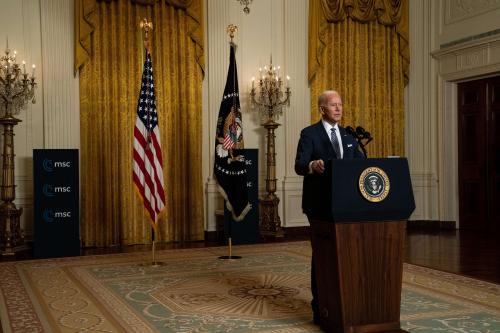




Commentary
Did Biden succeed with Putin? Check back in six months
June 17, 2021